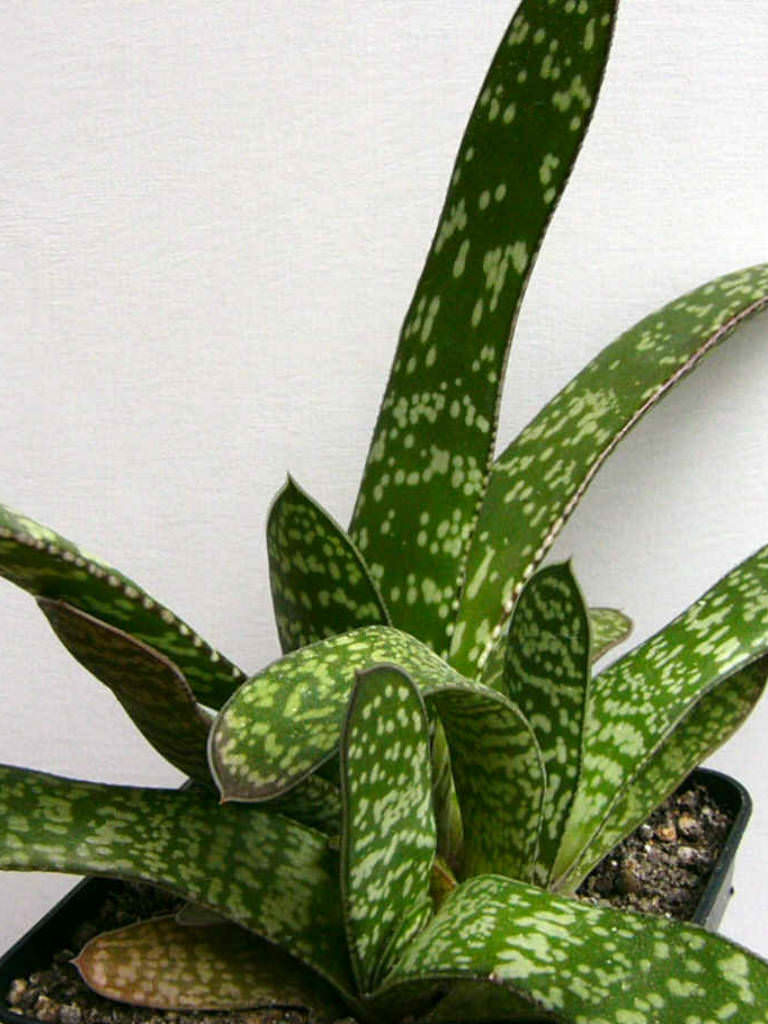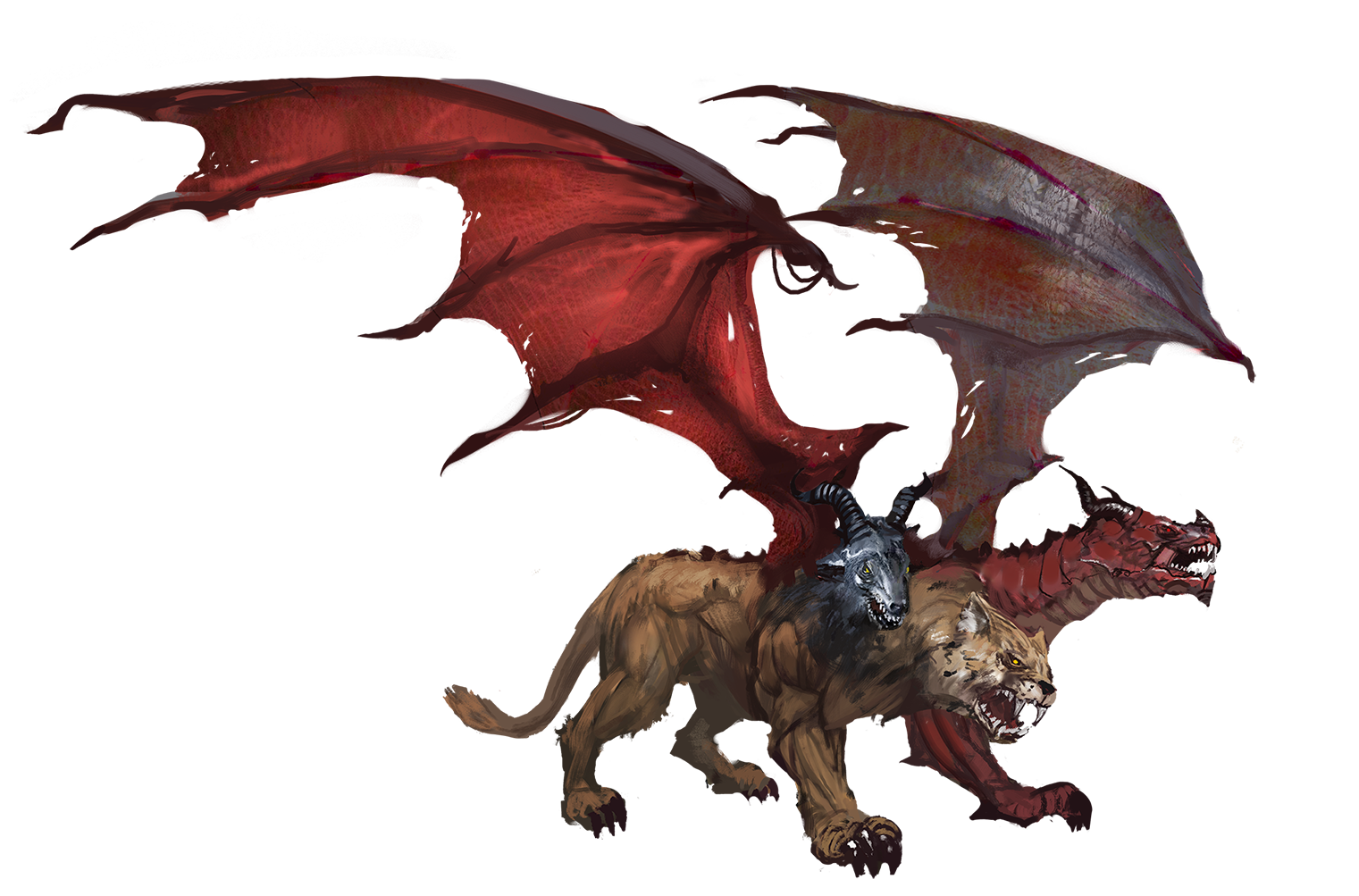A chimera is essentially a single organism that's made up of cells from two or more 'individuals'—that is, it contains two sets of DNA, with the code to make two separate organisms.
Also found in: Thesaurus, Medical, Encyclopedia, Wikipedia.
The band's name is derived from the word Chimera, a monstrous creature in Greek mythology. Throughout its history, the band had numerous line-up changes, leaving vocalist Mark Hunter as the only constant member. The band dissolved in 2014, but announced a one-off reunion in late 2017 wherein most of the group's longtime members rejoined. May 28, 2017 The Chimera may be ancient Greece’s most bizarre creature—so bizarre that its name is now used to describe any creature with an unusual combination of animal traits. At its most basic level, the Chimera is a female lion. It has a lion’s body, complete from head to tail. Chimera definition is - a fire-breathing she-monster in Greek mythology having a lion's head, a goat's body, and a serpent's tail. How to use chimera in a sentence. Sunnydaze Decor 56-in H x 19-in D x 19-in W Black Steel Chiminea. Add an outdoor fire pit that stands out from the rest with this black steel chiminea. This wood burning fire pit conveniently features an opening that provides easy access to the fire to keep it going during outdoor gatherings.
Chi·me·ra
also
Chi·mae·ra(kī-mîr′ə, kĭ-)n.1. Greek Mythology A fire-breathing female monster usually represented as a composite of a lion, goat, and serpent.
2. An imaginary monster made up of grotesquely disparate parts.
chi·me·ra
also
chi·mae·ra(kī-mîr′ə, kĭ-)n.1. a. An organism, organ, or part consisting of two or more tissues of different genetic composition, produced as a result of organ transplant, grafting, or genetic engineering.
b. A gene or protein consisting of parts from two different genes or proteins that are normally distinct, sometimes derived from two different species.
2. An individual who has received a transplant of genetically and immunologically different tissue.
[Middle English chimere, Chimera, from Old French, from Latin chimaera, from Greek khimaira, female goat, Chimera; see ghei- in Indo-European roots.]
American Heritage® Dictionary of the English Language, Fifth Edition. Copyright © 2016 by Houghton Mifflin Harcourt Publishing Company. Published by Houghton Mifflin Harcourt Publishing Company. All rights reserved.
chimera
(
kaɪˈmɪərə; kɪ-)
orchimaera
n1. (Classical Myth & Legend) (often capital) Greek myth a fire-breathing monster with the head of a lion, body of a goat, and tail of a serpent
2. (Art Terms) a fabulous beast made up of parts taken from various animals
4. (Genetics) biology an organism, esp a cultivated plant, consisting of at least two genetically different kinds of tissue as a result of mutation, grafting, etc
[C16: from Latin chimaera, from Greek khimaira she-goat, from khimaros he-goat]
Collins English Dictionary – Complete and Unabridged, 12th Edition 2014 © HarperCollins Publishers 1991, 1994, 1998, 2000, 2003, 2006, 2007, 2009, 2011, 2014
chi•me•ra
or chi•mae•ra
(kɪˈmɪər ə, kaɪ-) n., pl. -ras. 1. (often cap.) a monster of classical myth, commonly represented with a lion's head, a goat's body, and a serpent's tail.
2. any horrible or grotesque imaginary creature.
4. an organism composed of two or more genetically distinct tissues.
[1350–1400; Middle English < Latin chimaera < Greek chímaira she-goat; akin to Old Norse gymbr, E gimmer ewe-lamb one year (i.e., one winter) old, Latin hiems winter (see hiemal)]
Random House Kernerman Webster's College Dictionary, © 2010 K Dictionaries Ltd. Copyright 2005, 1997, 1991 by Random House, Inc. All rights reserved.
| Noun | 1. | Chimera - (Greek mythology) fire-breathing female monster with a lion's head and a goat's body and a serpent's tail; daughter of Typhon Greek mythology - the mythology of the ancient Greeks mythical creature, mythical monster - a monster renowned in folklore and myth |
| 2. | chimera - a grotesque product of the imagination imagery, imaging, mental imagery, imagination - the ability to form mental images of things or events; 'he could still hear her in his imagination' |
Based on WordNet 3.0, Farlex clipart collection. © 2003-2012 Princeton University, Farlex Inc.
chimera
nounillusion, dream, fantasy, delusion, spectre, snare, hallucination, figment, ignis fatuus, will-o'-the-wispHe spent his life pursuing the chimera of perfect love.
Collins Thesaurus of the English Language – Complete and Unabridged 2nd Edition. 2002 © HarperCollins Publishers 1995, 2002
chimera
nounA fantastic, impracticable plan or desire:
bubble, castle in the air, dream, fantasy, illusion, pipe dream, rainbow.
The American Heritage® Roget's Thesaurus. Copyright © 2013, 2014 by Houghton Mifflin Harcourt Publishing Company. Published by Houghton Mifflin Harcourt Publishing Company. All rights reserved.
Chiméra
khimaira
Himera
キマイラキメラ
himeraХимера
chimera
[kaɪˈmɪərə]N →
quimerafCollins Spanish Dictionary - Complete and Unabridged 8th Edition 2005 © William Collins Sons & Co. Ltd. 1971, 1988 © HarperCollins Publishers 1992, 1993, 1996, 1997, 2000, 2003, 2005
chimera
[kaɪˈmɪərə]n (= monster) → chimèref
Collins English/French Electronic Resource. © HarperCollins Publishers 2005
chimera
Collins German Dictionary – Complete and Unabridged 7th Edition 2005. © William Collins Sons & Co. Ltd. 1980 © HarperCollins Publishers 1991, 1997, 1999, 2004, 2005, 2007
Want to thank TFD for its existence? Tell a friend about us, add a link to this page, or visit the webmaster's page for free fun content.
Link to this page:
Also found in: Dictionary, Thesaurus, Encyclopedia, Wikipedia.
chimera
[
ki-me´rah]
an organism whose body contains different cell populations derived from different zygotes of the same or different species, occurring spontaneously or produced artificially.
Miller-Keane Encyclopedia and Dictionary of Medicine, Nursing, and Allied Health, Seventh Edition. © 2003 by Saunders, an imprint of Elsevier, Inc. All rights reserved.
chi·me·ra
(
kī-mēr'ă, ki-),
1. In experimental embryology, the individual produced by grafting an embryonic part of one animal onto the embryo of another, either of the same or of another species.
2. An organism that has received a transplant of genetically and immunologically different tissue, such as bone marrow.
3. Dizygotic twins that exchange immunologically distinct types of erythrocytes.
4. A protein fusion in which two different proteins are linked through peptide bonds; usually genetically engineered. Chimeric antibodies may have the Fab fragment from one species fused with the Fc fragment from another.
5. Any macromolecule fusion formed by two or more macromolecules from different species or from different genes.
[L. Chimaera, G. Chimaira, mythic monster (lit. a she-goat)]
chimera
also
chimaera
(kī-mîr′ə, kĭ-) n.
n. 1.
1. a. An organism, organ, or part consisting of two or more tissues of different genetic composition, produced as a result of organ transplant, grafting, or genetic engineering.
b. A gene or protein consisting of parts from two different genes or proteins that are normally distinct, sometimes derived from two different species.
Chimera Shadow Garden
2. An individual who has received a transplant of genetically and immunologically different tissue.
The American Heritage® Medical Dictionary Copyright © 2007, 2004 by Houghton Mifflin Company. Published by Houghton Mifflin Company. All rights reserved.
chimera
Any individual organism or molecule derived from 2 or more species.
Embryology

An organism that results when an embryonic part of one organism is grafted onto another.
Genetics
An organism with 2 or more cell lines, genotypes or karyotypes descended from at least 2 zygotes. Chimeras are very rare, only occur in twins and result from chorionic vascular anastomoses, transplantations or double fertilisations and subsequent participation of both fertilised meiotic products in one developing embryo; all hermaphrodites should be karyotyped to evaluate possible chimerism.


Molecular biology
(1) An animal formed from two different embryonic sources. In mouse genetics, targeted mutations produced in embryonic stem cells are recovered by breeding chimeric mice, resulting from the mixture of embryonic stem cells with a genetically distinct blastocyst.
(2) A clone containing genomic DNA from nonadjacent genomic segments or cDNA from two different mRNAs.
Transplantation
The term chimera was once used for a person who had received transplanted tissue—e.g., bone marrow surviving in a recipient.
Segen's Medical Dictionary. © 2012 Farlex, Inc. All rights reserved.
chi·me·ra
(
kī-mēr'ă)
1. The individual produced by grafting an embryonic part of one animal onto the embryo of another, either of the same or of another species.
2. An organism that has received a transplant of genetically and immunologically different tissue, such as bone marrow.
3. Dizygotic twins that have immunologically distinct types of erythrocytes.
4. A protein fusion in which two different proteins, usually from different species, are linked through peptide bonds; usually genetically engineered. Chimeric antibodies may have the Fab fragment from one species fused with the Fc fragment from another.
5. Any macromolecule fusion formed by two or more macromolecules from different species or from different genes.
[L. Chimaera, G. Chimaira, mythic monster (lit. a she-goat)]
Medical Dictionary for the Health Professions and Nursing © Farlex 2012
chimera
Chimera Ant Arc
An organism that contains a mixture of genetically different cells derived from more than one ZYGOTE. A chimera may, for instance, occur as a result of fertilization by more than one spermatozoon; fusion of two zygotes; an ALLOGENEIC bone marrow graft; cell exchange between dizygotic twin fetuses; or combination of portions of embryos of different species. Compare MOSAICISM. The term derives from the name of a mythical monster with a lion's head, a goat's body, and a serpent's tail.
Collins Dictionary of Medicine © Robert M. Youngson 2004, 2005
Want to thank TFD for its existence? Tell a friend about us, add a link to this page, or visit the webmaster's page for free fun content.
Chimera Download
Link to this page:
 n.
n. 1.
1.  An organism that results when an embryonic part of one organism is grafted onto another.
An organism that results when an embryonic part of one organism is grafted onto another.
 Molecular biology
Molecular biology